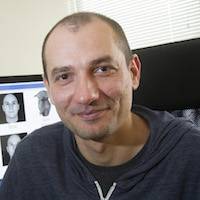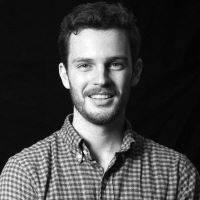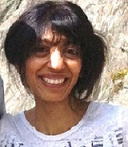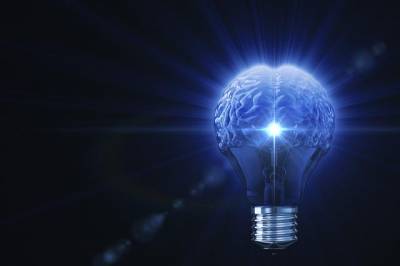Applied Cognitive Neuroscience
Vincent WalshGroup Leader
|  |
Applied Cognitive Neuroscience Research
Applied Cognitive Neuroscience is a research group run by Vincent Walsh, Professor of Human Brain Research and Royal Society Industry Research Fellow. The aim is to find new ways of making knowledge from cognitive neuroscience and psychology useful in the real world. The goal of Applied Cognitive Neuroscience is to try to test and translate some of the lab findings into real world applications.
The applications to date are in diverse fields. Two of these field are central to our current work and aims:
- Human brain stimulation: With the help of a Royal Society Industry Research Fellowship and The Magstim Company, I am helping to design, test and train users of new brain stimulation methods. Our big goal is to set up brain stimulation for depression clinics.
- Sport & the Brain: The demands made in the brain by sport are greatly underestimated. Working with the RFU, EiS, RYA, UK Sport and now the GSK Human Performance Lab, I am committed to making human cognitive neuroscience count in the sporting arena.
Group Members
Post-doctoral Research Fellows
- Chie-ieong David Lau

drlauci@gmail.com My research interests focus on understanding the neural mechanisms underpinning neurological diseases, specifically in the potential role of brain stimulation in therapeutics. My recent work includes the investigation of visual cortical excitability in migraine, the modulation of slow-wave-sleep-related memory consolidation in healthy subjects as well as the epidemiological studies of co-morbidities in migraine and Parkinson’s disease. I use a variety of methods including brain stimulation, EEG, neuroimaging and epidemiology.
- Constantin Rezlescu

costirezlescu@gmail.com I'm interested in the mechanisms underlying object recognition, with a particular emphasis on face processing. I work with typical and neuropsychological populations to answer questions related to the functional and neural bases of face perception, the specificity of face mechanisms, prosopagnosia, the neural organisation and representation of object knowledge.
PhD Students
- Maxted Neal

Max's research looks at translating what we know about the neuroscience of learning into practice across a range of domains. Learning is happening constantly - not just in the classroom, but on the sports field, amongst friends, and at the office - so how can the studying the brain make this more effective?
- Huw Williams

My research applies computational modelling to decision-making and individual differences in personality. I am particularly interested in how trait anxiety could interact with risk taking and how individuals learn over multiple, sequential decisions. Trait anxiety is already used widely in occupational settings to predict or understand human behaviour. The introduction of computational models to these settings could improve the fairness, validity, and reliability of these measures.
Collaborators
- Nayantara Santhi

tarasanthi@gmail.com I am a Senior Fellow at Northumbria University - Department of Psychology. My research focuses on understanding human cognition through the lens of circadian and sleep physiology, and using the knowledge as a gateway to managing health and wellbeing across the lifespan. I do this with both experimental data collection and stochastic modeling, focusing on individual differences in the temporal organization in vision, learning and memory, as described by a 24-hour oscillatory process (circadian rhythmicity) interacting with an exponential homeostat (sleep-wake cycle).
Past Members
- Crystal Goh

crystal.goh.09@ucl.ac.uk I create social engagement strategies with non-profit organisations, educators and changemakers in Asia and USA through neuroscientific communication and programme development.
 Close
Close



